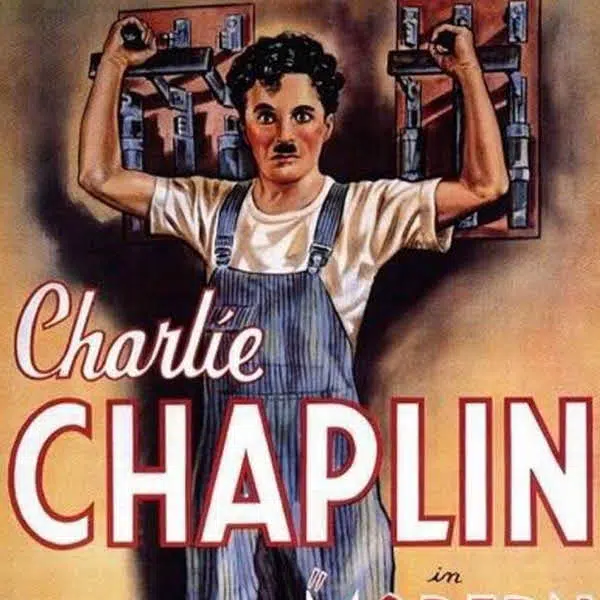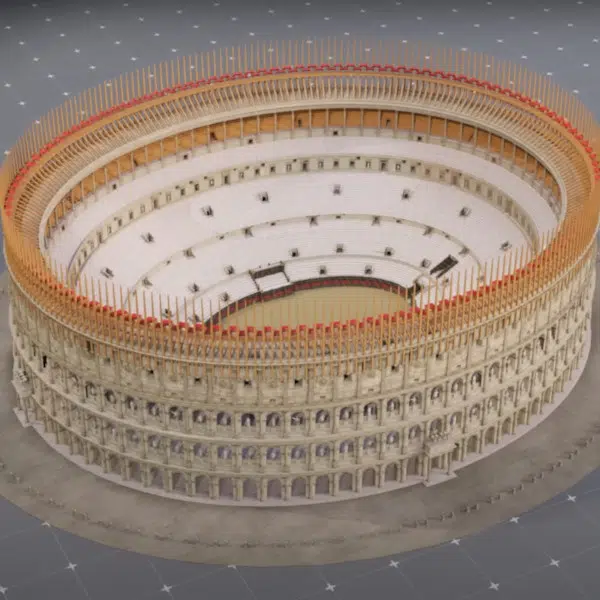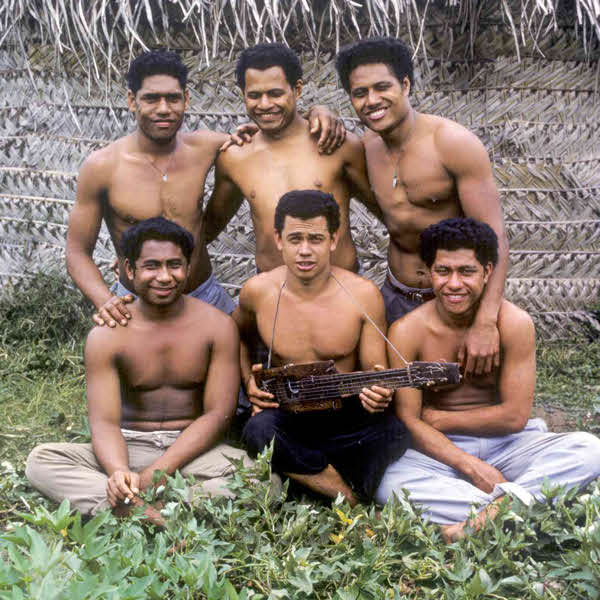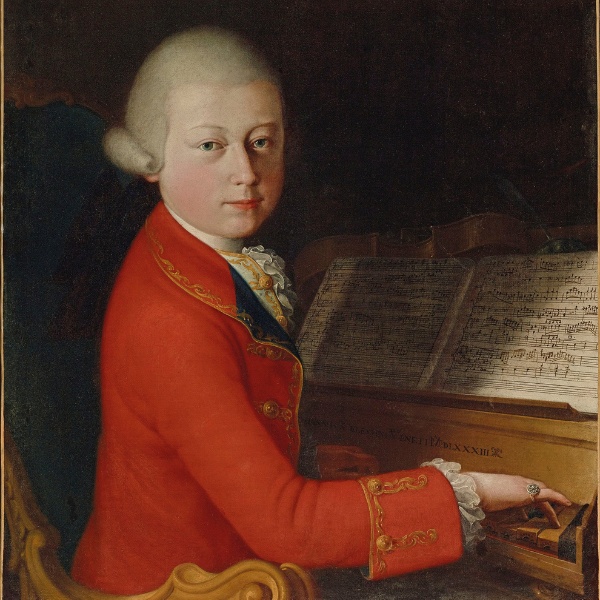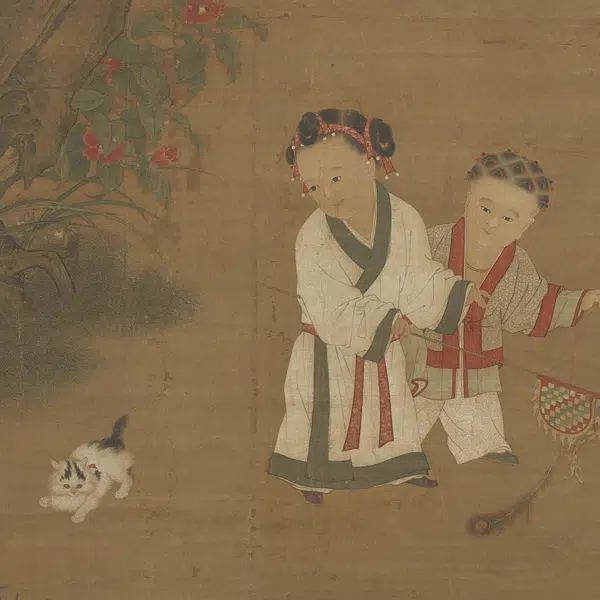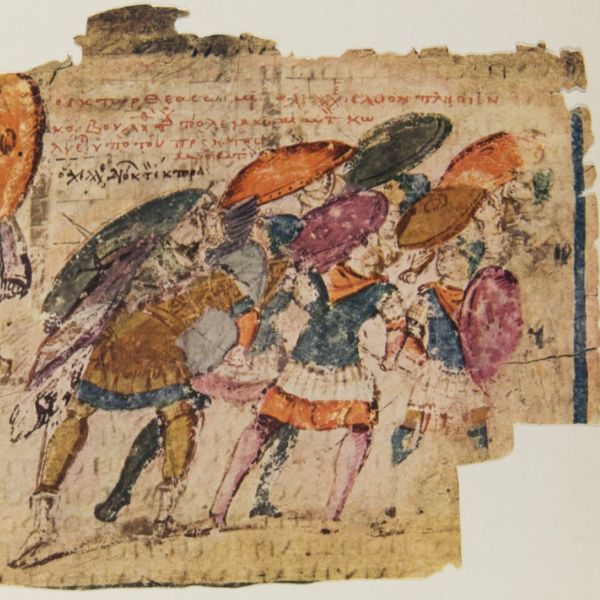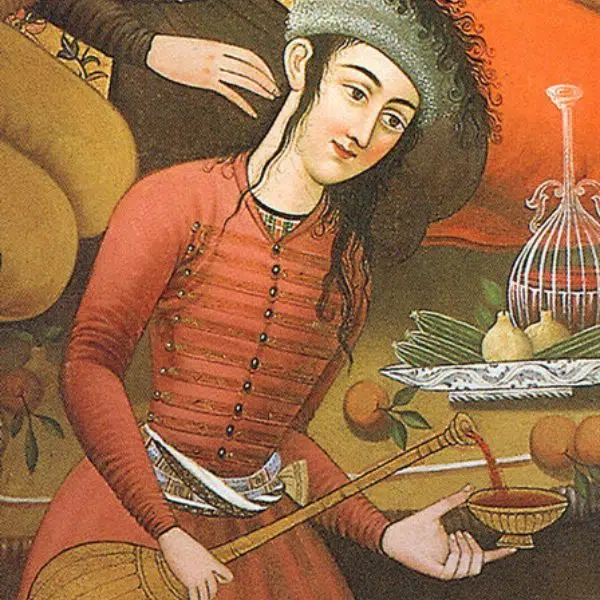View this post on Instagram
Facing the past can help pave the way for a more equitable future. While there are many ways to do so, storytelling is among the most powerful and emotionally resonant. One former plantation in Harpersville, Alabama, is using arts, education, and cultural programming to promote reconciliation, healing, and repair. Now known as the Wallace Center for Arts and Reconciliation, the institution is working with 1504, a narrative studio based in Birmingham, to recenter the stories of Black descendant communities through storytelling.
The center's name comes from Samuel Wallace, a man who enslaved as many as 95 persons and used the people he enslaved to build his plantation home in 1841. It was passed to various family members after his death and, in 2018, was inherited by Nell Gottlieb, his second great-granddaughter. Gottlieb, along with co-founder Theoangelo Perkins, established the non-profit organization Klein Arts & Culture. The organization was deeded the house in 2019 and in 2023, changed its name to the Wallace Center for Arts and Reconciliation.
Together, the Wallace Center for Arts and Reconciliation and 1504 have—and continue to—work with designers, historians, and local leaders to produce content and exhibitions inviting visitors to go beyond intellectual understanding and to feel the weight of what happened at the former plantation.
“Seeing members of the descendent community step into the Wallace House and encounter artifacts and hold photographs from their family history was a reminder of the power of storytelling,” Tyler Jones, who is part of 1504, told NPR, “to stitch together memory, to make history personal, and to reflect human dignity.”
The current exhibition on display is Out of Whole Cloth: Marking History & Making Home, 1865 – 1910. Curated by Dr. Elijah Gaddis and designed by Robert Finkel from Auburn University, it displays everyday objects to tell the stories of three families of free people in post-Emancipation Alabama as they try to make their way in life, in which they were finally granted their freedom—and little else.
Previous projects include The Praise House, which documented the making of a site-specific sculpture by multi-disciplinary artist Tony M. Bingham. His work is a tribute to the clandestine history of “hush harbors,” which were gathering places where enslaved persons worshipped, grieved, and resisted. In Healing History, descendants of enslavers and the enslaved engaged in honest and often difficult conversations. “Those exchanges revealed a deep hunger for acknowledgment,” Jones shared, “and the importance of not minimizing the horrors of racial violence while also not reducing the Black experience to stories of trauma.”
Out of Whole Cloth is open to the public through November by appointment to the Wallace Center for Arts and Reconciliation.
The Wallace Center for Arts and Reconciliation is a former plantation in Harpersville, Alabama, that uses arts, education, and cultural programming to promote reconciliation, healing, and repair.
View this post on Instagram
The institution collaborates with 1504, a narrative studio based in Birmingham, to recenter the stories of Black descendant communities through storytelling.
View this post on Instagram
Its latest exhibition is titled Out of Whole Cloth: Marking History & Making Home, 1865 – 1910. It displays everyday objects to tell the stories of three families of free people in post-Emancipation Alabama as they try to make their way in life, in which they were finally granted their freedom—and little else.
View this post on Instagram
Previous projects include The Praise House, which documented the making of a site-specific sculpture by multi-disciplinary artist Tony M. Bingham.
View this post on Instagram
In Healing History, descendants of enslavers and the enslaved engaged in honest and often difficult conversations.
Exhibition Information:
Out of Whole Cloth: Marking History & Making Home, 1865 – 1910
Ends November 30, 2025
The Wallace Center for Arts and Reconciliation
35184 Highway 25, Harpersville, AL, United States, Alabama
The Wallace Center for Arts and Reconciliation: Website | Instagram | Facebook
Source: A former plantation becomes a space for healing, art and reparative history
Related Articles:
Louisiana Plantation Is Transformed Into America’s First Museum About the History of Slavery
Harriet Tubman Posthumously Made General on Veteran’s Day
15 Important Civil Rights Activists To Know From the Past and Present
15 Books You Should Read This Black History Month And All Year Long











































































